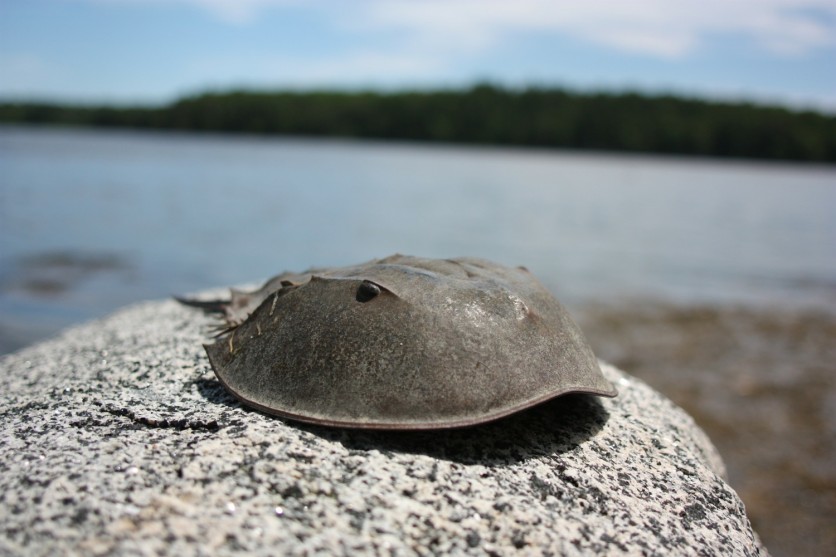The world is awaiting a COVID-19 vaccine that can finally end the worries of further spreading the coronavirus and hopefully allow the world to lift all lockdowns. However, while scientists from across the globe are still trying to develop one, conservationists are already worried about horseshoe crabs and crustaceans in general.

The Importance of Horseshoe Crab Blood
According to a National Geographic report, horseshoe crabs will be an incredibly vital element in developing the COVID-19 vaccine.
It turns out that these crustaceans are a vital resource for making medicines safe for intake as these horseshoe crabs' blood is the only natural source for a substance known as limulus amebocyte lysate.
This substance helps scientists detect a contaminant known as endotoxin, which could be incredibly dangerous even in small amounts.
Pharmaceutical companies will have to ensure there is absolutely no trace of endotoxin in the medicines, vaccines, and even sterile pharmaceuticals like artificial knees they create as even a tiny amount could result in death.
These horseshoe crabs will likely be harvested for their blood to be used for the COVID-19 vaccine.
"All pharmaceutical companies around the world rely on these crabs. When you think about it, your mind is boggled by the reliance that we have on this primitive creature," said the state director of Nature Conservancy in New Jersey, Dr. Barbara Brummer.
Read Also : [VIRAL] Flying Shark? Sharknado Comes in This Weird Video of a Bird Carrying a Shark in the Air
Declining Numbers
According to the nature magazine, pharmaceutical companies would gather over half a million of these Atlantic horseshoe crabs and will bleed them and then return them to the ocean.
Unfortunately, many of them will die.
Because of this practice, combined with overharvesting for fishing bait, has caused the number of this species to decline over the past few decades.
From 1.24 million crabs that were spawned in Delaware Bay in 1990--the primary egg-laying location of these crabs and the area where companies typically harvest these horseshoe crabs--biologists were only able to count 335,211 crabs in the region last year.
Due to the COVID-19 pandemic, the counting for 2020 was canceled, so we don't know yet whether the numbers have increased or further decreased.
To try and replace horseshoe crab blood, a synthetic alternative was discovered in 2016, known as recombinant factor C or rFC, and was approved in Europe.
Soon enough, some pharmaceutical companies in the US have also begun using rFC.
The Ecosystem May Suffer
Nevertheless, the American Pharmacopeia has declined the use of rFC and said that its effectiveness is still unproven, so until now, it's not up to par with horseshoe crab lysate.
This means that when creating the COVID-19 vaccine, scientists will have to use the natural resource instead of the alternative, and it could significantly affect the ecosystem given the sheer amount of COVID-19 vaccine needed to be developed in the US.
Swiss-based company Lonza is working on a coronavirus vaccine, and it will soon undergo human trials, so they'll need crab lysate.
In a written statement, Lonza said that they would only require a day's worth of lysate production from the three US manufacturers, including the Charles River Laboratories in Massachusetts, who gave the same statistics.
"This places no undue burden on the [lysate] supply chain or horseshoe crab populations," said John Dubczak, executive director of reagent development of the laboratory.
For conservationists, as long as there are no approved alternatives for crab lysate, these crustaceans' numbers and the ecosystem that depend on them may greatly suffer due to the COVID-19 pandemic.
ⓒ 2025 TECHTIMES.com All rights reserved. Do not reproduce without permission.




